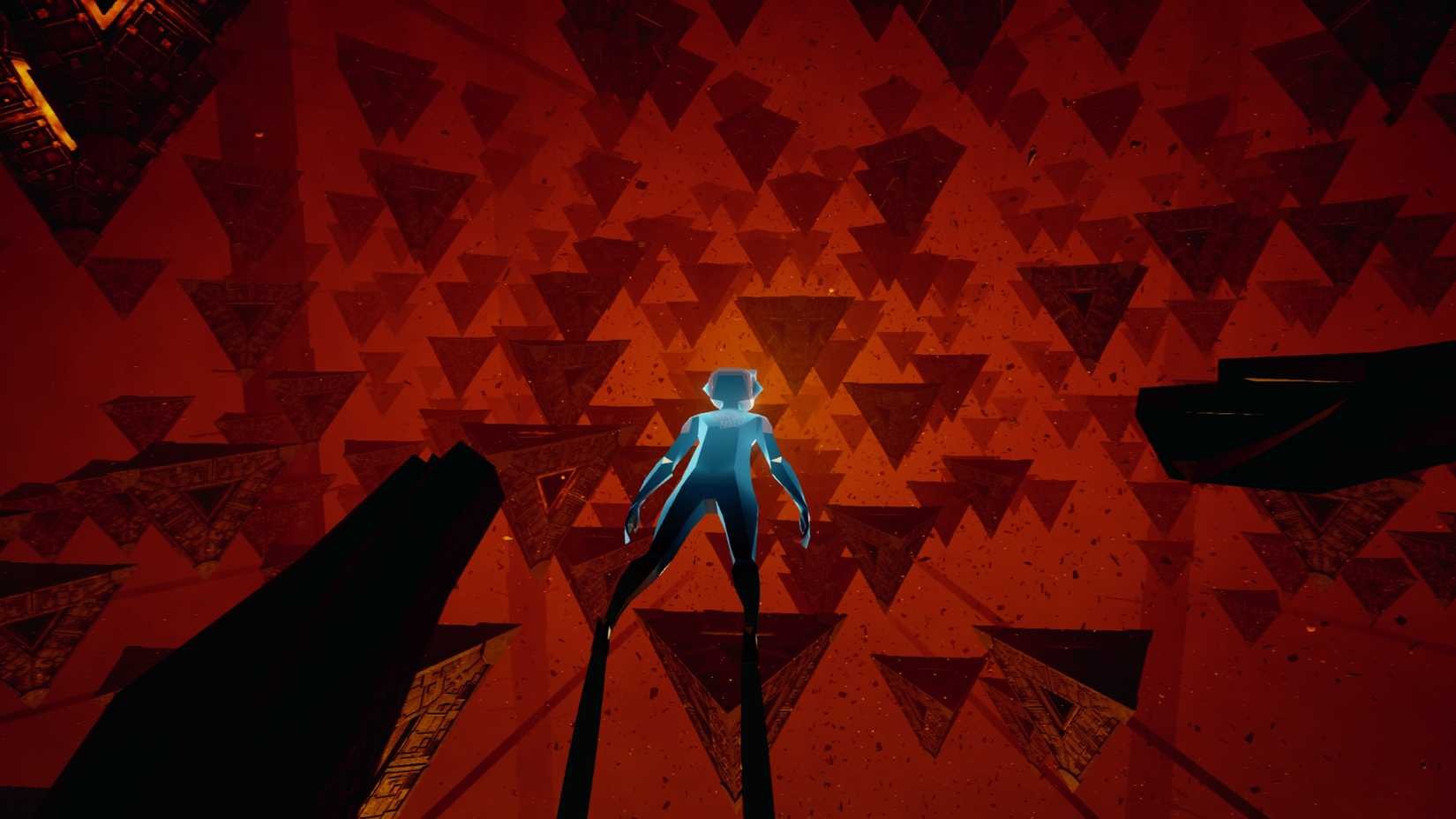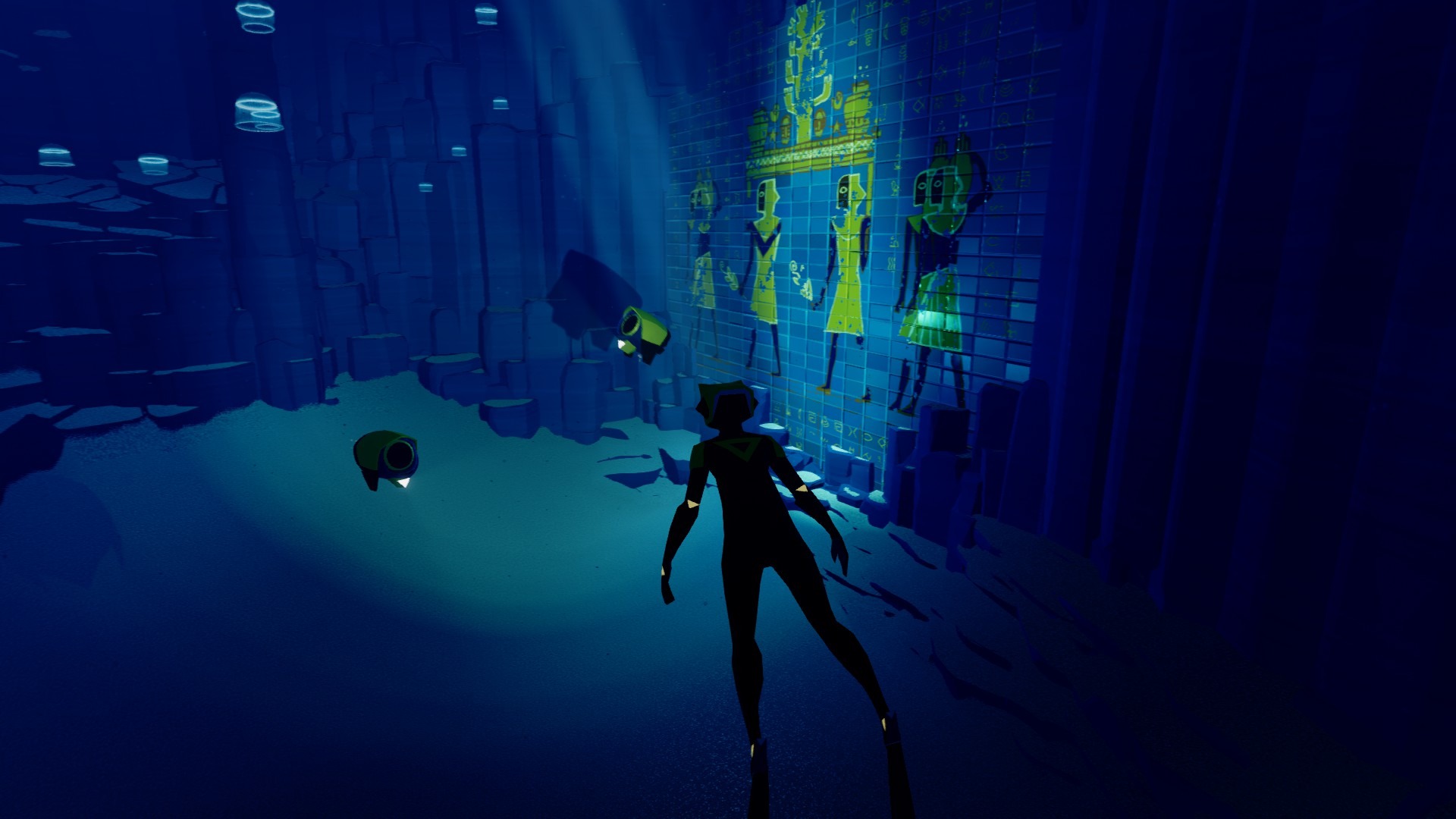Why Sword of the Sea and ABZÛ Are Two Sides of the Same Coin
Popular Now
 League of Legends
League of Legends
 NBA 2K24
NBA 2K24
 Fortnite
Fortnite
 Geometry Dash
Geometry Dash
 Sonic the Hedgehog™ Classic
Sonic the Hedgehog™ Classic
 Garena Free Fire: Kalahari
Garena Free Fire: Kalahari
 Call of Duty
Call of Duty
 Schedule I
Schedule I
 BeamNG.drive
BeamNG.drive
 R.E.P.O
R.E.P.O 
As the highly anticipated release of Sword of the Sea draws closer, gamers around the world are buzzing with excitement. From the same visionary creators behind the acclaimed titles Journey and ABZÛ, this new adventure promises to transport players to a stunning, stylized world of sand and forgotten ruins. But for those looking to dive into this new experience, a word of advice: don’t play Sword of the Sea without first experiencing ABZÛ. While they may seem like distinct games at a glance—one set in a vast desert, the other in the depths of a vibrant ocean—they share a profound artistic and design DNA that makes playing both an essential, holistic experience. Understanding one is key to fully appreciating the other.
At its core, ABZÛ is more than just a diving simulator; it’s a masterclass in non-verbal storytelling and emotional immersion. Released in 2016, the game took players on a breathtaking journey through a mysterious, underwater world. There is no dialogue, no traditional combat, and no complex mechanics. Instead, the game communicates through its stunning visuals, ethereal score, and the simple, joyful act of movement. It’s an exploration of beauty and wonder, with a subtle narrative about humanity’s connection to nature and a sense of loss and rebirth. This approach was a direct evolution of the philosophy pioneered in Journey, and it sets the stage perfectly for what Sword of the Sea aims to achieve.
 More Than Just a Sequel: A Shared Artistic Vision
More Than Just a Sequel: A Shared Artistic Vision
While Sword of the Sea is not a direct sequel to ABZÛ, it is a spiritual successor in every sense of the word. Here’s why experiencing ABZÛ first will enrich your time with the new game:
- A Shared Focus on Flow and Movement: ABZÛ’s core gameplay is built around the fluid, graceful movement of diving. Players glide through the water, riding currents and interacting with marine life. Sword of the Sea, with its new “Hoversword” mechanic, promises to replicate this feeling of effortless flow, but on a grander scale. By understanding the joyous, zen-like sensation of navigating ABZÛ’s ocean, you’ll be better prepared to appreciate the feeling of surfing across vast sand dunes.
- Non-Verbal Storytelling: Both games rely on environmental storytelling to convey their narratives. In ABZÛ, the player uncovers the history of the ocean through murals and ancient ruins. In Sword of the Sea, the narrative will unfold through the exploration of a desolate landscape, where every structure and monument tells a story. Playing ABZÛ hones your skills in “reading” the game world, allowing you to pick up on the subtle clues and emotional cues that the creators use to craft their tales without a single line of dialogue.
- A Meditative Experience: The developers’ games are not about high scores or intense combat; they are about fostering a sense of peace and contemplation. ABZÛ’s tranquil atmosphere is designed to calm and inspire. Sword of the Sea appears to carry this same meditative quality, offering a journey of personal discovery through its expansive, beautiful world. If you’re looking for a game that allows you to simply exist and feel, ABZÛ is the perfect preparation.
The gaming industry is full of blockbuster titles and sequels, but the works of these creators stand apart by prioritizing art and emotion over action and spectacle. They are a welcome reminder that video games can be more than just entertainment; they can be profound, personal experiences. Playing ABZÛ first is not just a recommendation; it’s an invitation to a deeper understanding of this unique artistic lineage. It’s a chance to immerse yourself in the creative vision that birthed a generation of “walking simulators” and “art games.” By exploring the vibrant depths of ABZÛ, you’ll be more attuned to the quiet grandeur of Sword of the Sea, making your first ride across its shifting sands all the more magical.









 More Than Just a Sequel: A Shared Artistic Vision
More Than Just a Sequel: A Shared Artistic Vision